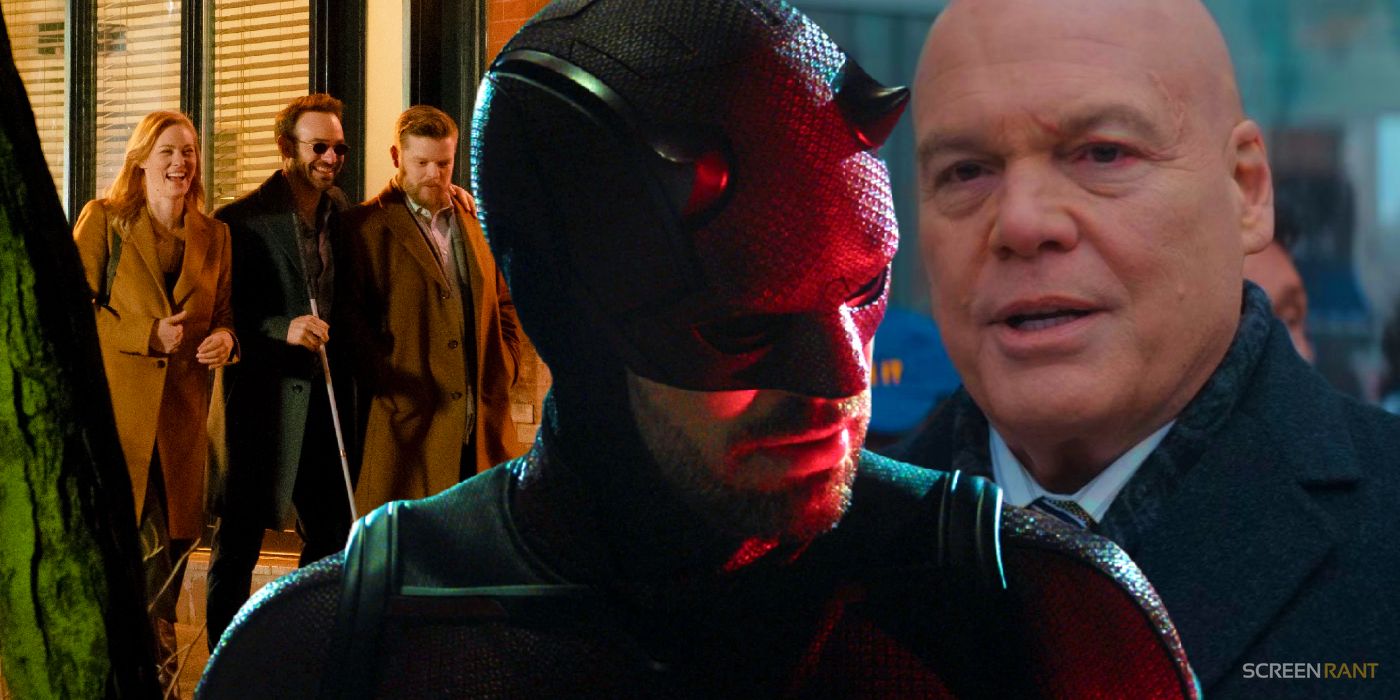Once again, the Golden Globes opened televised awards season in the run-up to a Donald Trump presidency. But this time, things looked a little different.
At the 2017 ceremony, for instance, Meryl Streep used her Cecil B. DeMille lifetime-achievement awards speech to decry the incoming President. A year later, following reporting around sexual misconduct in the entertainment industry, including and especially by Harvey Weinstein, the ceremony was half a rally to plan new ways of talking about power in Hollywood and half a funeral for the old ways; at least that’s how it looked at home, with every female nominee dressed in black.
None of the problems discussed onstage by Meryl Streep or by Oprah Winfrey in 2018 or any number of others have gone away, exactly. (Quite the opposite: The president that the #Resistance movement has spent eight years battling won the popular vote last year.) But, with a grin-and-bear-it sense of chagrin, the Golden Globes this year suggested a bit of what this awards season and the next few might look like, with political gestures either absent or muted.
In the main, the statements made tended toward the personal. Viola Davis, like Streep and Winfrey before her the Cecil B. DeMille Award recipient, didn’t give her full speech on the air, but presented the best actress in a drama category. “You are forces of nature shaping cinematic history,” Davis told the nominees — a moment of poetry that had everything to do with the reason for the occasion and none of the reaching into the present political moment viewers might, wearily or not, have come to expect. The winner Davis crowned, “I’m Still Here” star Fernanda Torres, noted that “art can endure through life, even in difficult moments.”
Torres, a Brazilian actress whose film addresses a turbulent and repressive period in her nation’s history, seemed to be speaking generally. And her allusion to challenging times — like Adrien Brody’s discussion of his parents’ experiences as immigrants after he won best actor in a drama for “The Brutalist” — drew on the themes of the film in question and placed them into a context. What neither did, though, was situate them directly within a present-day political struggle.
Even speeches that went a beat further stopped short of referencing the 45th and soon-to-be-47th president directly. Trans performer Karla Sofía Gascón, onstage after the film she led, “Emilia Pérez,” won the best musical or comedy prize, mentioned that her mustard-colored dress was a tribute to letting in the light over the darkness, and added, “You can put us in jail, you can beat us up, but you never can take away our soul, our existence, our identity.” It was a call for equality and fairness that felt timeless even as it didn’t — or didn’t need — to reference any one specific story or trend.
Earlier in the evening, Sebastian Stan, accepting a prize for “A Different Man,” mentioned that “we can’t be afraid and look away” either from that film, about characters with facial deformity, or from his other film “The Apprentice.” Stan had previously said that the industry at large had been unduly chilly to that movie, a biographical story about Trump’s rise to fame, due to risk aversion; he didn’t get any further into the issue from the Golden Globes stage. The point, for those on Stan’s wavelength, was taken.
This subtlety of approach may come, for some, as a welcome change. There could be a slight feeling of randomness to electoral politics entering awards-show speeches — as borne out by the fact that, in the last election cycle, celebrities endorsing candidate Kamala Harris in traditional venues (political rallies and the Democratic National Convention among them) couldn’t secure her the win and may in fact have backfired somewhat. If people didn’t seem engaged by their stars entering the political arena, the political arena entering a starry party might seem still more counterproductive. The evening’s host, Nikki Glaser joked that celebrities had failed to convince voters during the last election before murmuring “I’m scared.” She then leapt to a joke about Ariana Grande and Cynthia Erivo’s “Wicked” press tour.
The incident Glaser was joking about — the “holding space for the lyrics of ‘Defying Gravity’” video — was a good example of a new way that politics are entering the world of entertainment. If the first Trump presidency was the occasion for strident and direct rhetoric, mentions of our current situation now seem to come allusively (and, in the case of “holding space,” confusingly). To speak about challenging times or the meaning of the immigration experience is to speak somewhat more universally than people have lately been accustomed to doing; it is also, perhaps, to acknowledge that there is only so much mental energy an audience, in the room at the Beverly Hilton and watching at home, can put toward the struggles of the present moment.
The speeches didn’t lack for drama even as they considered crises beyond what’s to happen when Trump takes office. Demi Moore’s speech, likely the best of the night, addressed the ways in which she had felt marginalized as a performer and the boxes the industry places women in (not coincidentally, a key theme of the film for which she won, “The Substance”). And director Brady Corbet closed his acceptance speech for best picture by encouraging studios to give final cut to filmmakers — an issue of movie-industry politics, to be sure, but perhaps not the takeaway one might have expected from the maker of this film. Then again, Corbet, at the peak of his career to this point, likely has the power to sway at least some hearts and minds among the executive class. What he and other winners may have realized is the power they have (to do that, to make well-chosen comment on the moment, or, like Demi Moore, to cement an enduring narrative) is potent. Their power to influence current events beyond the stage is less so. For now, at least — before the likely turbulence of the next four years shakes something else loose — the explicitly political speech seems in retreat.









 English (US) ·
English (US) ·